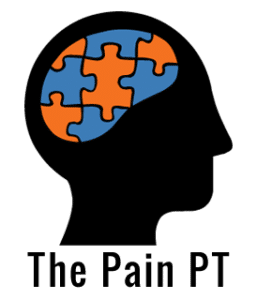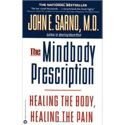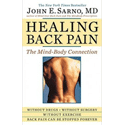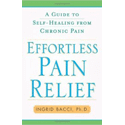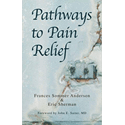How Your Attention Impacts the Placebo & Nocebo Effect
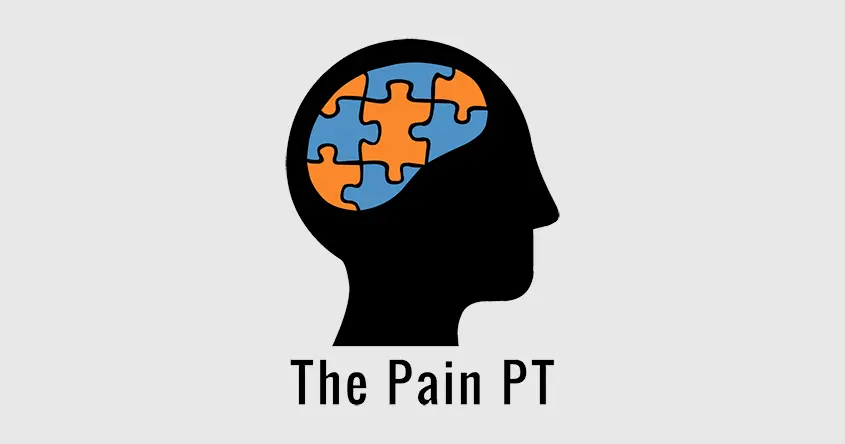
Placebo and nocebo are real physiological effects generated by our brains. They have the power to turn symptoms on, up, or down. Past research has found our expectations (positive and negative) are the primary reason why placebo or nocebo effects occur. This 2024 systematic review found there is something more than expectation alone that contributes to these powerful positive or negative brain effects.
The researchers said the “aim of this systematic review is to offer an overview of studies that have either directly manipulated or assessed attention as a mechanism or mediator of placebo/ nocebo responses.” Twelve studies were selected and reviewed in this paper.
The researchers concluded that: “overall, results support the idea that placebo/nocebo effects are not always a direct byproduct of expectations, with attention acting as an important factor to consider when exploring this relationship. Particularly, attention plays an important role in optimizing therapeutic efficacy by directing patients’ focus toward signs of healing and away from indicators of illness or distress.”
The big takeaway from this recent paper is that in addition to expectations, our attention, which is our mental focus, plays a role in either the placebo or nocebo effect. This is important as many people suffering from chronic pain or persistent symptoms tend to spend a lot of time focusing on their symptoms. This is called hypervigilance. The authors state: “Importantly, this pattern can apply to nocebo effects, whereby negative expectations can lead to the onset of symptoms through a heightened attentional focus on ‘threatening’ signals coming from the body.”
The opposite is true in “that positive placebo expectations can create an attentional bias that would lead individuals to selectively attend to signs of healing even when their actual physical health remains unaltered.” With the conditions I treat, the brain is typically the central producer of physical symptoms in the body. The threat or danger comes from a perception in the brain, not a problem in the body. There’s nothing wrong physically. Therefore, we want to move our attention away from physical symptoms, not towards them. We are looking to generate a positive brain effect (placebo). This involves not only changing our beliefs and expectations, but changing our attention as well.
